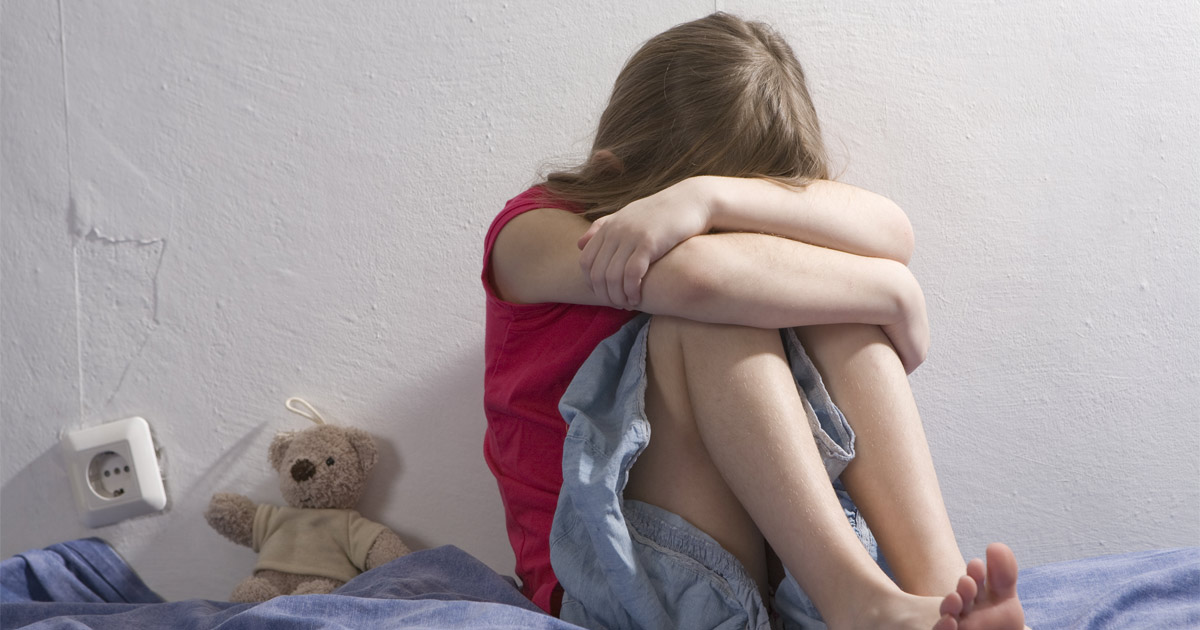Parents have the right to appropriately discipline their children. They do not have the right to abuse them. However, in the heat of the moment when the parent is angry and unable to control themselves, crossing the line between discipline and abuse may occur. Discipline teaches the child the difference between what is right and wrong. However, abuse teaches the child nothing but fear, and is often used as punishment.
Stay Calm
When the child and the parent are both upset, the line between discipline and abuse is more likely to blur. Parents should always discipline their children when they are relatively calm. If the parent feels they are too stressed out, it is wise to take a deep breath and count to 10. Once the parent calms down, it is easier to communicate with the child, and the child is less likely to become scared of the adult.
When Discipline is Definitely Abuse
There are many circumstances in which discipline has definitely become abusive behavior. If the child suffers any type of physical injury, that is abuse. While many parents do not believe in spanking their children, there are others who find it culturally or religiously acceptable. However, brief spanking does not necessarily mean a child is abused. If the child’s injuries include broken skin, swelling, bruising or anything worse, that is physical abuse. Needless to say, any type of sexual contact between a child and an adult is abusive.
It is also abuse if a parent or caretaker expects more out of a child than the youngster is capable of doing at their age. A six-year-old does not have the same emotional and intellectual maturity as a 10-year-old and cannot be held to the same standard. While physical injuries are de facto signs of abuse, poor emotional treatment is also abusive. Children who display the following symptoms are possible emotional abuse victims:
- Aggressive behavior
- Depression
- Desire to stay away from home or a parent
- Extreme shyness
- Fear of a parent or guardian
- Fear of any physical contact
- Frequent crying
- Running away from home
- Withdrawal
Older children may start drinking or using drugs if they are suffering physical or emotional abuse in their households.
Abusive Adult Characteristics
Many abusive adults share certain characteristics. As noted, they may not understand the levels of child development and simply have no reasonable expectations of how a child at a certain age will behave. Often, abusive adults set unreasonable expectations both for their children and themselves.
Many potentially abusive adults lack strong interpersonal skills and may have few friends and little family support. If someone acts consistently in an aggressive or hostile way, they are prime candidates for abusing their children. The same holds true for those with obvious issues around authority figures, or who exhibit cruel behavior.
New Jersey DCPP Lawyers at the Law Offices of Theodore J. Baker Help Those Accused of Child Abuse
A child abuse charge is a very serious matter. If you or a family member were accused of child abuse or neglect, you need the services of the experienced New Jersey DCPP lawyers at the Law Offices of Theodore J. Baker. For a free consultation, contact us online or call us at 856-795-9400. Located in Cherry Hill, New Jersey, we serve families throughout South Jersey, including Haddonfield, Marlton, Medford, Moorestown, Mount Laurel, and Voorhees.









